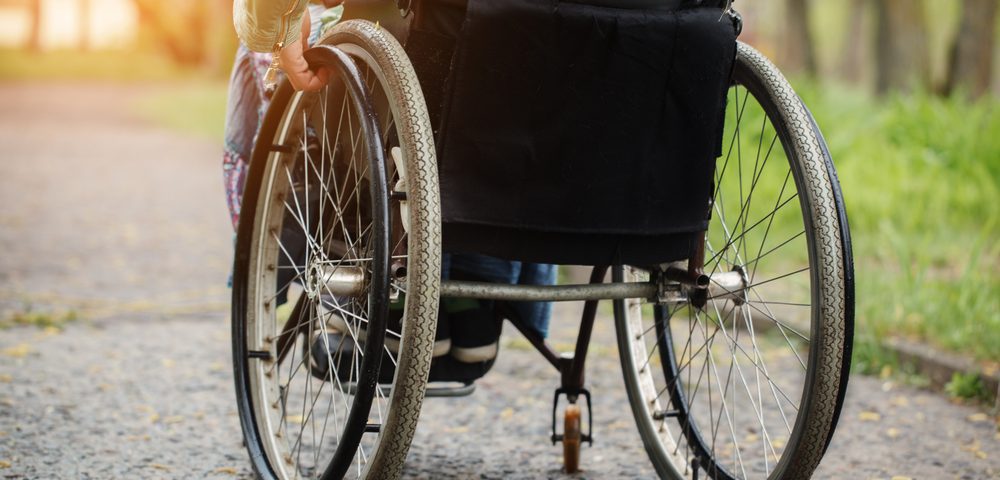Muscular Dystrophy UK Partners to Make Toilets on England’s Roadways More Accessible to All
Written by |

Hoping to make travel less difficult throughout England for disabled motorists, including those with muscular dystrophy, Muscular Dystrophy UK and the government’s Department for Transport are working to bring accessible toilets to most highway service areas.
Called Changing Places, the project is expected to be completed in the early 2020s. Already, the department has committed £2 million (about $2.55 million) in funding as part of the government’s Inclusive Transport Strategy, which seeks to make its nation’s roadways welcoming to all.
The Changing Places consortium was launched in 2006 on behalf of the more than 250,000 people who cannot use standard accessible toilets.
Nusrat Ghani, minister for transport accessibility, said it’s unacceptable that only 15 of England’s 112 motorway service areas have facilities that people with disabilities can easily use.
“I am committed to delivering an inclusive transport network, and our partnership with MDUK [Muscular Dystrophy UK] is the next step in ensuring that everyone, disabled or not, can use our roads,” he said in a news release.
Unlike conventional toilets, Changing Places’ facilities offer more space and such specialty equipment as adult-sized changing benches and hoists to accommodate people with diseases like muscular dystrophy and cerebral palsy, which affect their ability to move easily.
The Muscular Atrophy News forums are a place to connect with other patients, share tips and talk about the latest research. Check them out today!
“By building more Changing Places across the road network, disabled people and their families can travel in the knowledge there will be fully accessible toilets they can use safely and with dignity,” said Catherine Woodhead, chief executive of MDUK.
“Investing in Changing Places toilets means we can tackle the exclusion many disabled people face,” Woodhead added. “We look forward to working in partnership with the Department of Transport and our campaigners in delivering this project.”
The transportation department’s plan also earmarks £300 million to make railway stations more accessible through Access for All, a program to address issues faced by disabled passengers when using stations throughout much of the U.K. The program calls for providing lifts or ramps as well as associated refurbishment.
It also sets aside £2 million for audio and visual equipment on buses; provides for a £2 million passenger campaign to heighten awareness of disabled travelers, and curb hate crime; an accreditation pathway for the formal recognition of efforts by transport operators to improve disabled passengers’ experiences; and steps to employ cutting-edge technology at the outset of future designs.
The partnership comes on the heels of Prime Minister Theresa May’s May announced goal of given U.K. residents five additional years of healthy and independent living by 2035.
In the U.K., around 70,000 people have muscular dystrophy or a related condition.





